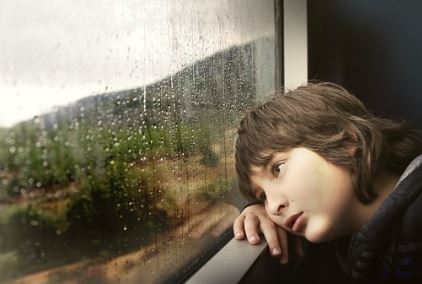How Divorce Affects Children?
When a marriage fails, parents often find themselves in a dilemma. They worry about the kids. They wonder if they should remain together but separate for the children. That might work for some people, however, in some cases, there is just no other option. When Miami divorce comes knocking in Florida, parents have a lot of things on their minds. They worry about financing, about living situations, and about how the children will handle the divorce.
So how does divorce affect children? In truth, there is no catch all answer. It just depends on the family, the children, and the parents. Divorce is stressful for children, but some kids take it in stride – and others seem deeply troubled by the event. But this doesn’t mean you have to stay in a bad relationship. Parents can do things to reduce the negative effects of divorce on kids.
Know that The First Year Is The Toughest
Research suggests that kids have the toughest time the first year after the event. Kids might feel anger, unhappy, nervous and they may also have a tough time believing that their parents are separated. But kids are resilient, so they bounce back, and eventually, they come to terms with the situation. Kids get used to changes and eventually, get comfortable with the different living arrangements. However, there is a small number of children that experience lifelong problems after a divorce.
Divorce is difficult for everyone. Jobs change, homes change, finances change, and it can create emotional turmoil and confusion for some kids.
Young kids, especially, have a hard time trying to understand why they have to live in two places. They also worry that if parents stop loving each other, they will stop loving them as well. In some cases, children even feel guilty and that they might be the cause of the divorce. On the other hand, teens can get angry and find fault with one or both parents.
But you must keep in mind that each situation is different. In some situations, the child may even feel relieved by the separation.
Loss of Contact with One Parent
Divorce can mean that a child loses daily contact with one parent. This lack of contact affects the parent/child bond and children may feel less close to their fathers (in some cases, their mothers.)
Primary caregivers also have a higher level of stress due to single parenting and this reflects itself in the relationship with children. Studies show mothers can be less affectionate and less supportive when they go through a divorce.
For some kids, the divorce is not the problem, but the accompanying problems are what make it impossible for them, the change of house, school, friends.
The best thing you can do for kids is to prepare them for the divorce. Try to affect their lives as little as possible, keep them in their homes, in the school they are familiar with and ensure that the parent who leaves remains nearby. Remember to talk to the children and help them understand that the divorce does not mean you are divorcing them.


